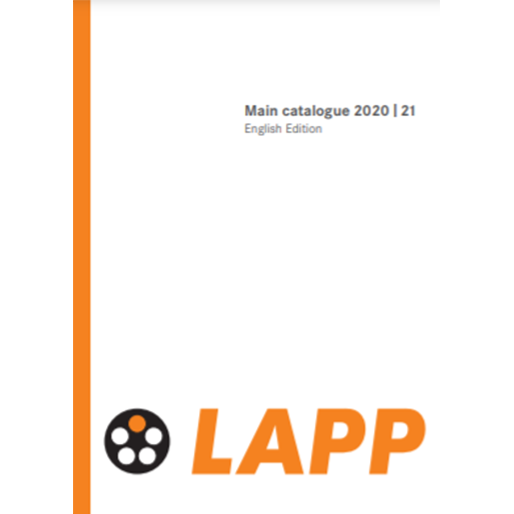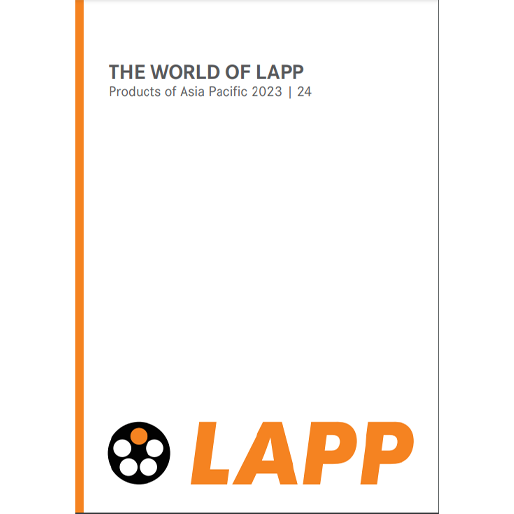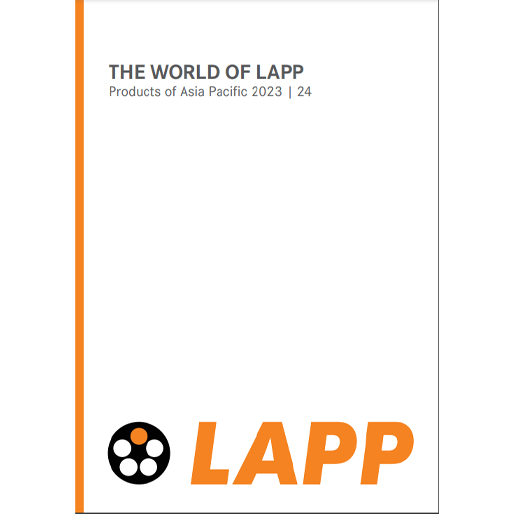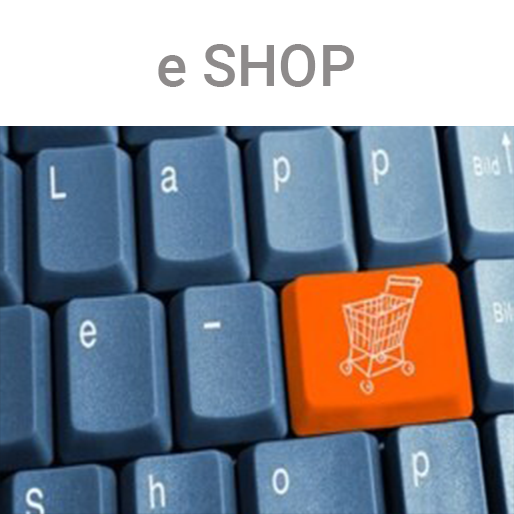Chemical, Oil & Gas
Smart Cabling Solutions for Chemical, Oil & Gas Industry
The Petroleum Industry also called the oil industry or the oil patch includes the global processes of exploration, extraction, refining, transporting (often by oil tankers and pipelines), and marketing of petroleum products. The largest volume products of the industry are fuel oil and gasoline (petrol). Petroleum (oil) is also the raw material for many chemical products, including pharmaceuticals, solvents, fertilizers, pesticides, synthetic fragrances, and plastics.


The industry is usually divided into three major components
- Upstream: Upstream deals with drilling and production mainly. The oil and gas industry facilities and systems are broadly defined, according to their use in the oil and gas industry production stream. Exploration: Includes prospecting, seismic and drilling activities that take place before the development of a field is finally decided. Upstream: Typically refers to all facilities for production and stabilization of oil and gas. The reservoir and drilling community often uses upstream for the wellhead, well, completion and reservoir only
- Midstream: Broadly defined as gas treatment, LNG production and regasification plants, and oil and gas pipeline systems.
- Downstream: Downstream of the wellhead as production or processing. Exploration and upstream / production together is referred to as E&P.
Refining: Where oil and condensates are processed into marketable products with defined specifications such as gasoline, diesel, or feedstock for the petrochemical industry. Refinery offsites such as tank storage and distribution terminals are included in this segment or may be part of a separate distribution operation.
Petrochemical: These products are chemical products where the main feedstock is hydrocarbons. Examples are plastics, fertilizer, and a wide range of industrial chemicals.
Petroleum is vital to many industries, and is necessary for the maintenance of industrial civilization in its current configuration, making it a critical concern for many nations. During the last few years, offshore oil extraction activity has been constantly increasing. New platforms are being continuously installed in different parts of the world and operate in deeper and deeper waters. The safe and efficient interconnection from the topside platforms and vessels to the wellheads and pumps on the seafloor is necessary to transfer power and data, as well as hydraulic and other fluids to guarantee reliable oil extraction operations.
Chemical, Oil, and Gas Industry is over 150 years old. Standardization in design philosophies and operating & maintenance is a challenge. This emphasizes the need for the industry to review the existing state-of-the-art in designing, operating, and maintaining oil and gas installations.
Self-Regulatory Measures to ensure Safer Operations
With this in view, oil industry safety directorate was established and staffed from within the industry in formulating and implementing a series of self-regulatory measures aimed at removing obsolescence, standardizing, and upgrading the existing standards to ensure safer operations. Accordingly, oil industry safety directorate constituted a number of functional committees comprising experts nominated from the industry to draw up standards and guidelines on various subjects.
Attempts have been made to incorporate the latest technological changes, experience gained after the implementation of standards, and relevant updation in the various national and international codes and practices. Oil & Gas industry application requirements:
Hazardous and Remote Environments
Hazardous and remote environments - from deepwater oil rigs hundreds of miles offshore to land rigs and seismic operations in swamps and jungles - require equipment that defines the word “rugged.” Cypress Industries designs and manufactures oil and gas cable assemblies that withstand intense environmental stresses and provide durable, dependable service, minimizing downtime and increasing critical ROI.
Application areas in Chemical, Oil & Gas industries
Cables are perfectly suited to the use/applications like oilfield drilling derricks, well sites, production platforms, offshore drilling or production platforms, mud pump rooms, logging trucks, logging cabs, mud pump trucks, mwd telemetry systems, lwd telemetry systems, seismic streamer boats or land seismic operations can be customized for your unique needs, including complex mux cables that allow you to operate with confidence.
Many oil and gas operations require umbilical cables to connect telemetry systems on equipment to drilling cabs and other monitoring rooms. These umbilical cables must be rugged enough to withstand extreme drilling and seismic environments - severing an umbilical cable can shut down a drilling rig, costing hundreds of thousands of dollars each day. That’s why our design and production teams take the time to fully understand each customer’s needs: to design the right cables for the right environments.
Cables can be braided to minimize abrasion and increase tensile strength. and oil-resistant cables if needed. No matter how rugged the environment, we’ll develop cables that can stand against it - we’ve got an experienced team that knows how.
Offshore Requirements:
- Floating cable for power and signal
- Floating Rov tethers with optical fibers
- Umbilicals
- Underwater work
- Sonar cable
- Main lift cable for Rov
- Floating rov tether with coaxials
Shore Requirements:
- 0.6/1 kV Low voltage cable
- Instrumentation cable (Indoor & Outdoor)
- Control cable indoor and outdoor
- Power and communication cable
- Power cable
- Thermocouple cable (extension)
- Thermocouple cable (compensating)
LAPP Group has the in-house capabilities to manufacture umbilical component cables, delivering electrical power, signals, and optics, that can operate in the most demanding environments. For stand-alone operations, we offer a range of cables designed to suit many intervention applications.
Quality is constantly being ensured in our own highly-modern test centers and internationally unique tests to meet the requirements of the products, applications, and standards. The composition of the group with its own in-house production in the main markets gives our international customers the security of being able to access a large assortment of standard products with the corresponding standards all over the world. LAPP can fall back on its extensive experience over 50 years of development and manufacturing, and based on this has developed various innovations and a high level of production quality and reliability. Also customized solution without compromising and ready-made products from LAPP systems for Plug and Play.
Products for Chemical, Oil & Gas Industry
Data Communication Cables


ATEX Cable Glands


Liquid Tight Conduit Systems








